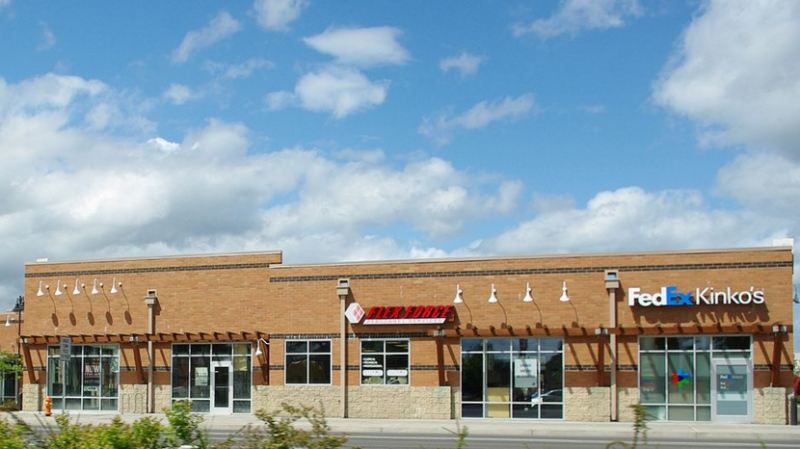Commercial Mortgage Vs. Residential - Welcome to a Different Planet
March 14, 2016

A commercial loan differs greatly from a residential loan. If you are use to being involved in doing residential loans, welcome to a “different planet.” There are many differences. Thus, you need to have different expectations in having a commercial mortgage versus a residential mortgage.
I feel that the best way to show the difference between a commercial loan and a residential loan is to show an example of a comparison between the two.
Let’s look at what’s involved in a residential loan. The finances of the borrower and a property. That’s basically it.
Now let’s see what can be involved in a commercial loan. How about looking at investing in a strip mall, one type of commercial property.
For a strip mall let’s say you have 10 stores. There are mortgage requirements that are much more involved than a residential loan. Here are some of the loan requirements for a strip mall:
1. You need to look at the finances of 10 individual investors because there are 10 stores.
2. The condition of each of the 10 stores needs to be looked at. Do some of them need repair or rehabbing?
3. The length of the leases left on each store is a factor. If the leases are short, there is quite a bit more risk for the lender and the borrower, because the leases will have to be renegotiated soon. This causes more risk from the leaseholder not being OK with the new lease terms, and therefore wanting to leave the strip mall to go elsewhere. If the leaseholder leaves, the lease payments for the strip mall are smaller. This could put the investment at risk.
4. Possible environmental problems of each of the 10 stores. For example a cleaners may have toxicity problems that require cleanup before the strip mall can be purchased. This could be a very big expense.
5. How strong is the profitability of each of the businesses? If there are stores that are not profitable, the strip mall could fail – resulting in a big loss for the lender as well as the borrower.
6. Is there at least one store that will draw a great amount of business? A very strong store for a strip mall is an anchor property. An anchor property is a store that draws a lot of business such as Safeway, Best Buy, Toys "R" Us, or Walgreens. The anchor property brings in so much business that the other stores in the strip mall get business from the great numbers of people who shop at the anchor property.
Because commercial loans have so many more parts, there is more risk involved. This risk results in higher rates than residential loans. Also, commercial loans almost always have a shorter fixed rate period. Instead of terms being typically 15 or 30 years like residential loans, commercial loan fixed rate periods are typically 3, 5, 7, or 10 years. There are other differences between commercial mortgages and residential mortgages.
By the way, the example illustrated above is for a complex commercial loan. Some types of commercial loans are not nearly as complex as a strip mall loan. For example, a mini-storage property. This would generally involve an investor and one property. It still typically is more involved than a residential loan, yet it is much simpler than a strip mall loan.
Contact us to see if you pre-qualify for our best multifamily, commercial, bridge, construction, or business loan rates and terms. Also, contact us if you would like to discuss your particular commercial lending needs, or if you have any questions. Call 214-695-7310, or send an email to bruce@businessloanstore.com
To discover more about our loan products as well as rates and terms, please visit www.apartmentloanstore.com, www.bridgeloanstore.com, or www.businessloanstore.com

Bruce Painter, Director of Marketing, Business Loan Store
Category
CLOSING 97% OF OUR MULTIFAMILY LOANS AS PROPOSED
Getting the right loan and the lowest rate requires wisdom and finesse. If you’re ready to partner with a team of professionals who’ve built a foundation on straight talk and true strategy, we are the loan store for you.
26+ YEARS OF OVER-DELIVERING VALUE.
HUD Loans are one of the best options with the current level of interest rates. For a complete guide to HUD Multifamily Loans please go here:
